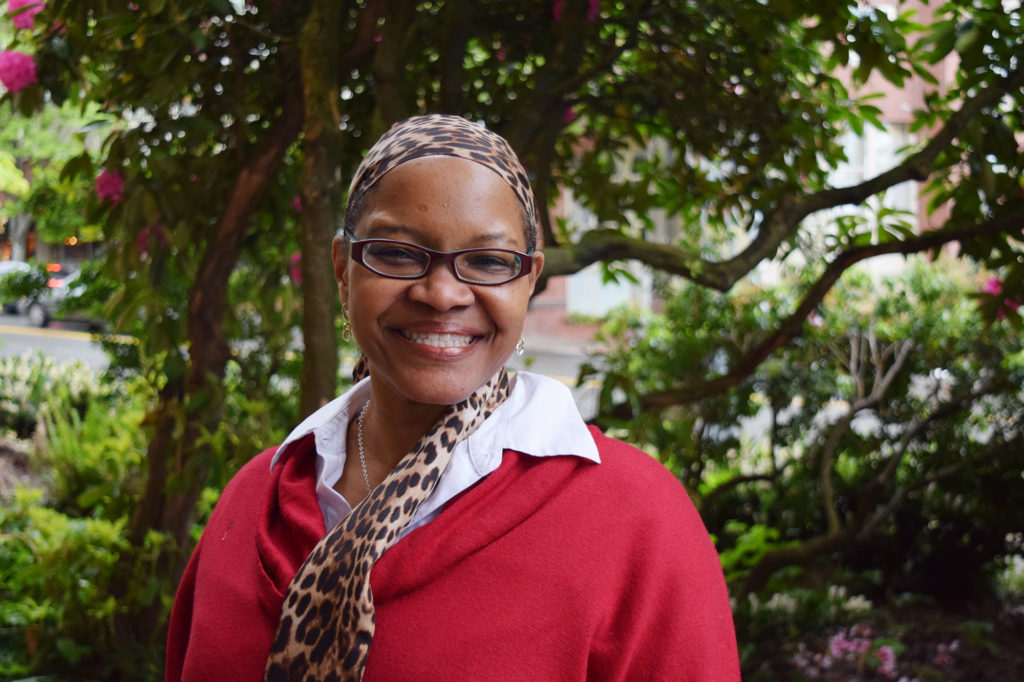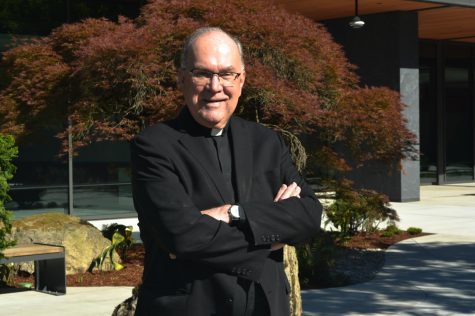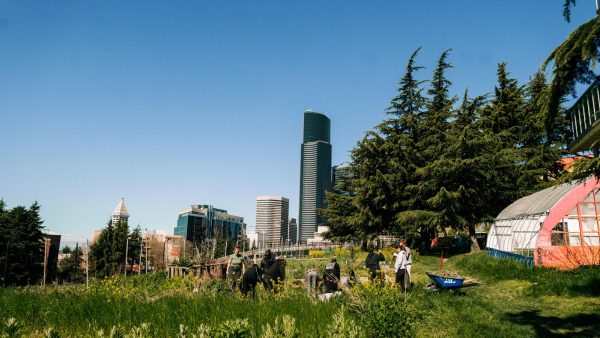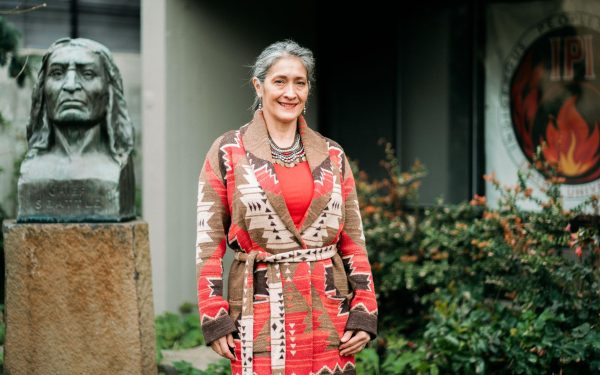LIFT SU Works to Address Diversity Concerns
Natasha Martin, the vice president for diversity and inclusion, introduced the LIFT SU initiative in the wake of national racial justice protests to address problems with diversity and inclusion on campus in 2020. The program has since been incorporated into President Peñalver’s Reigniting Our Strategic Directions for the university and includes procedures to collect information about the state of the campus culture and inclusivity in the beginning of the year.
“We will prioritize affirmation of and allyship with our Black Indigenous and People of Color (BIPOC) community at Seattle University, and take strategic action to address systemic racism and impact throughout the institution,” LIFT SU’s mission document states.
Staff and faculty who are involved in LIFT SU have started conducting surveys of campus workplaces, cultural groups and clubs. Victor Evans, an assistant professor of communications, is working as a part of the subcommittee addressing one of LIFT SU’s primary goals: the recruitment and retention of BIPOC students. As one of the faculty members interviewing students, the experience was eye-opening for Evans.
“Every [focus] group has talked about the importance of a support system and finding people that they can connect with,” Evans said. “Seattle U, to a certain extent, makes [finding a support system] easy for most students, but not necessarily for all students. We’re not reaching everyone and that’s what we need to focus on to do better, but I am pleasantly surprised that there are a fair amount of students who feel like they have a nice support system here.”
Anabel Pinto, a fourth-year psychology major, is the secretary for one of the support systems available on campus, the Asian Pacific Islander Desi Association (APIDA). Pinto and the rest of APIDA spoke to their experienced frustrations while working with Seattle U administrators.
“[APIDA board members] were approached recently about incorporating cultural foods into C-Street after they got positive feedback from the 2019 school year when they did something similar,” Pinto said. “They were asking [APIDA] and other cultural clubs to do all of the work to make that happen. Why are we the ones responsible for coordinating that and not the school?”
Angelique Jenkins, the director of the Learning Assistance Programs (LAP) is a subcommittee member for LIFT SU who expressed irritation for a lack of administrative action to make Seattle U an inclusive environment for BIPOC students.
“I get a little bit frustrated, I will say, with the institution because when we talk about last year and this year having the most diverse classes ever and I’m like ‘great,’ and the climate here still needs work. So you’re inviting all these students in when the climate has not changed; this is why you’re having retention issues,” Jenkins said.
Jenkins was also a part of the Task Force on Diversity and Inclusive Excellence in 2016, whose findings led to the creation of LIFT SU. She is also an advocate for changes in the workplace to account for myriad backgrounds among employees, something she has implemented into hiring and training for LAP employees.
“I have been a huge proponent for required professional development around [diversity and inclusion] work,” Jenkins said. “We have requirements around FERPA [Family Educational Rights and Privacy Act], we have requirements around data privacy, we have a new requirement around anti-hazing which is important, why can’t we make something around [diversity and inclusion] required?”
The surveys currently being conducted inform the reports of LIFT SU’s subcommittees, which will be turned into the university later in the year. The reports will help identify steps to foster diversity and inclusion on campus, and are also a way for marginalized students to feel heard.
“It’s a step in the right direction and seeing how that goes will open up more avenues,” Pinto said. “[LIFT SU] felt like one of the first, or if not the only, communication that we had with people who would listen or that were open to listening.”
LIFT SU has a clear directive to enact on campus, helping shift the climate of Seattle U to better support BIPOC students. How the administration chooses to proceed after collecting and analyzing the surveys will ultimately determine whether integral change is around the corner or if Pinto, Jenkins and other community members will be kept waiting.











